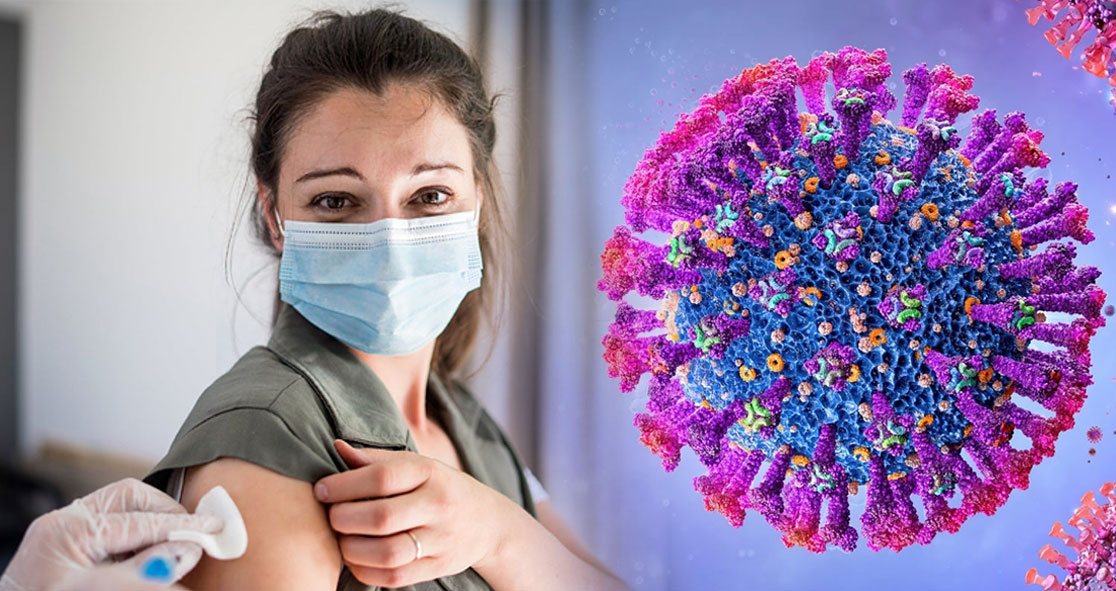An early, peer-reviewed study, published in Emerging Microbes & Infection, has suggested that people who were previously infected with COVID-19 and those who are fully vaccinated will have some “stronger than basic” protection against Omicron, according to Science Daily.
However, the test tube samples of the new variant examined in this new study have shown that it “exceeds” all other strains in its potential capability to evade the protection gained from vaccination or previous infection.
The new study also suggests that a booster dose can “significantly boost immunity,” but the protection against Omicron “may be compromised.” Researchers, however, said more studies are needed to better understand this.
Lead author Dr. Youchun Wang, Senior Research Fellow of National Institutes for Food and Drug Controls (NIFDC) of China, said their findings support recent findings in South Africa which highlight Omicron was “easy to evade immunity.”
“We found the large number of mutations of the Omicron variant did cause significant changes of neutralization sensitivity against people who had already had COVID,” he added. “However, the average ED50 (protection level) against Omicron is still higher than the baseline, which indicated there is still some protection effect can be observed.”
Dr. Wang explained that because the antibody protection via vaccination or previous infection decreases gradually over a period of six months, Omicron “may be able to escape immunity even better.”
The researchers predict that whilst “a third-dose enhancement strategy can significantly boost immunity, the protection from Omicron may be compromised.”
Dr. Wang summarized, “This study verifies the enhanced immune escape of Omicron variant, which sounds the alarm to the world and has important implications for the public health planning and the development of matching strategies.”
The team stated that more research is needed to understand whether Omicron can “escape from the vaccine-elicited immunity to cause more severe disease and death.”
They said, “It needs to be re-evaluated whether the antibodies can still be effective against the Omicron variant. The exact impact to human protection may be influenced by more factors such as the infectivity of Omicron variant relative to other variants to human populations and the viral fitness of Omicron once the humans are infected.”
“More population studies including the level of immune protection and symptoms among people infected with Omicron are needed to fully establish the global impact of Omicron to the control of COVID-19 pandemic,” they added. The researchers cautioned that the study is in-vitro in nature, which used pseudotyped (manufactured) viruses.























